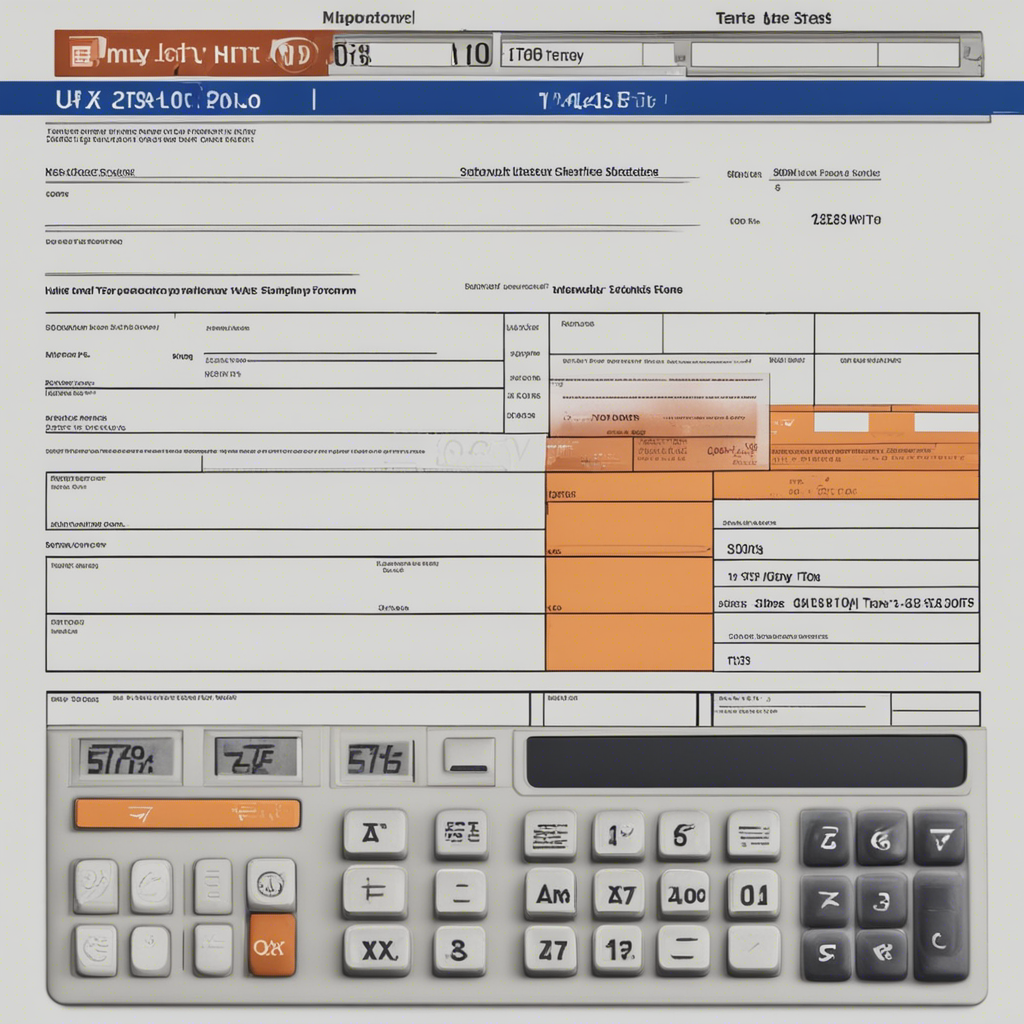
Comprehensive Guide to Income Tax Planning
Income tax is a critical aspect of personal finance, and effective tax planning can greatly impact an individual’s financial wellbeing. Understanding the ins and outs of income tax planning can help individuals optimize their tax liabilities, maximize deductions, and minimize tax burdens. In this comprehensive guide, we will explore various strategies and considerations for effective income tax planning.
What is Income Tax Planning?
Income tax planning refers to the process of organizing financial affairs in a way that minimizes tax liabilities while complying with applicable tax laws. The goal is to make informed decisions throughout the year to optimize one’s tax situation, regardless of whether the individual is an employee, self-employed, or a business owner.
Importance of Income Tax Planning
Effective income tax planning offers several benefits, including:
-
Minimizing tax liabilities: By leveraging available deductions, exemptions, and credits, individuals can legally reduce the amount of tax they owe.
-
Optimizing financial health: Proper tax planning allows individuals to allocate funds more efficiently, potentially leading to increased savings, investments, and overall financial stability.
-
Avoiding penalties and legal issues: Filing tax returns accurately and on time is crucial to avoid penalties, interest, and potential legal consequences.
Key Elements of Income Tax Planning
To effectively plan for income tax, it is essential to consider the following key elements:
1. Understand the Tax System
Begin by familiarizing yourself with the tax system in your country or region. Understand the different tax brackets, rates, deductions, exemptions, and credits available to taxpayers. This knowledge will serve as the foundation for effective tax planning.
2. Organize Personal and Financial Information
Maintaining well-organized personal and financial records is crucial for accurate tax reporting and efficient tax planning. Keep track of income, expenses, investments, and other relevant financial activities throughout the year. Utilize technology or spreadsheets to simplify recordkeeping.
3. Determine Filing Status
Identify your correct filing status to ensure accurate tax reporting. The most common filing statuses include single, married filing jointly, married filing separately, and head of household. Each status has its own set of tax rules and implications.
4. Consider Tax Deductions and Credits
Explore all available tax deductions and credits to minimize your tax burden. Common deductions include mortgage interest, student loan interest, state and local taxes, and charitable contributions. Tax credits, such as the Earned Income Tax Credit, Child Tax Credit, and Education Credits, can also reduce your tax liability directly.
5. Retirement Planning
Contributing to retirement accounts, such as a 401(k) or Individual Retirement Account (IRA), offers both long-term financial security and potential tax benefits. Contributions to certain retirement accounts are tax-deductible, reducing your current taxable income.
6. Tax-Efficient Investment Strategies
Investments can have tax implications. Consider tax-efficient investment strategies that aim to minimize your tax liabilities. Strategies such as tax-loss harvesting, timing capital gains, and investing in tax-advantaged accounts can be beneficial for long-term tax planning.
7. Stay Updated on Tax Law Changes
Tax laws are subject to change, and it is crucial to stay informed about any modifications that may affect your tax strategy. Regularly review government publications, consult reputable tax professionals or financial advisors, and stay updated on legislative changes related to taxation.
Seeking Professional Assistance
While it is possible to handle income tax planning independently, seeking assistance from qualified professionals such as certified public accountants (CPAs) or tax advisors can provide valuable insights and ensure comprehensive tax planning. Professionals can provide personalized guidance, navigate complex tax laws, and help implement effective strategies for various financial situations.
Conclusion
Income tax planning plays a critical role in an individual’s financial journey. By understanding the tax system, leveraging deductions and credits, and considering retirement planning and tax-efficient investments, individuals can optimize their tax liabilities and achieve better financial outcomes. Regularly staying informed about tax law changes and seeking professional assistance can further enhance the effectiveness of income tax planning efforts. Remember, careful planning and informed decision-making can lead to significant tax savings and financial peace of mind.
Disclaimer: The information provided in this article is for general informational purposes only and should not be construed as professional tax advice. Please consult with a qualified tax professional for personalized advice tailored to your specific financial situation.
References:
- Internal Revenue Service: https://www.irs.gov/
- Investopedia: https://www.investopedia.com/
- Financial Times: https://www.ft.com/
Note: The provided references are for informational purposes only and do not constitute endorsement of any kind.






